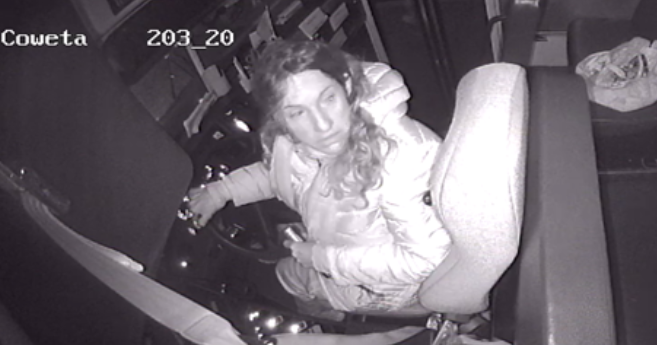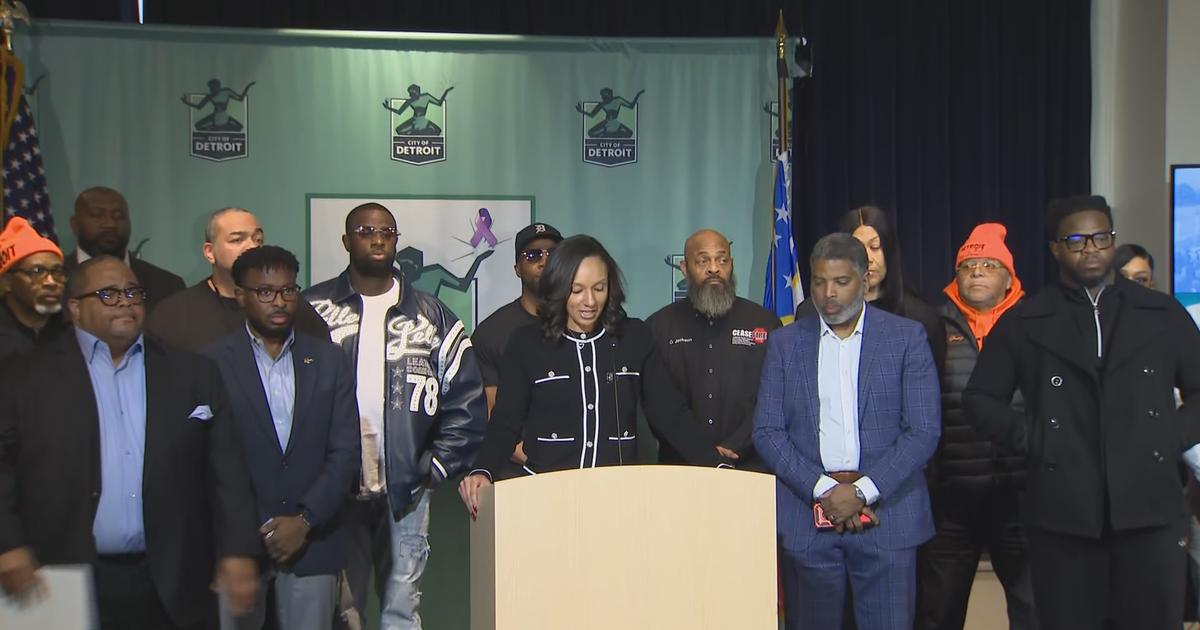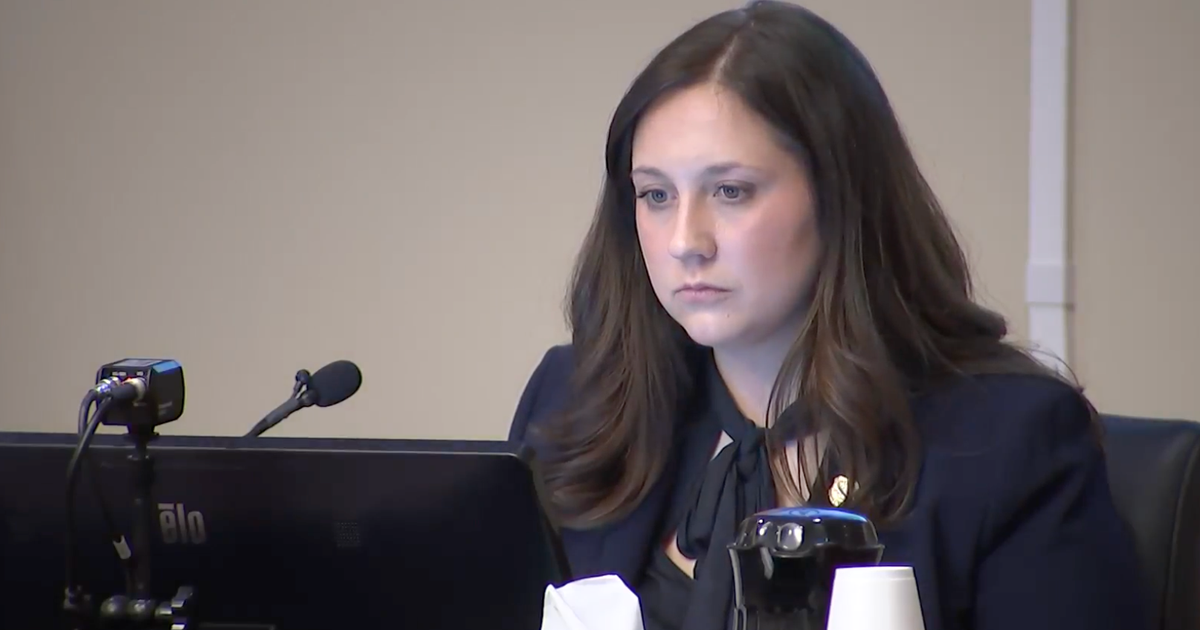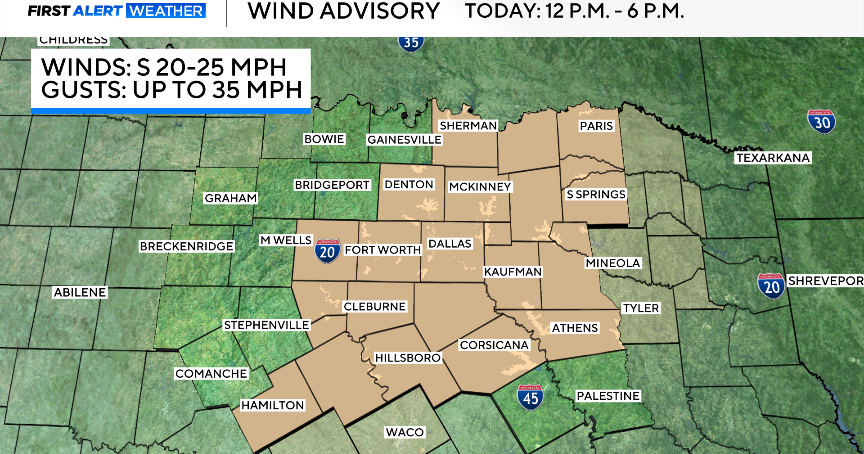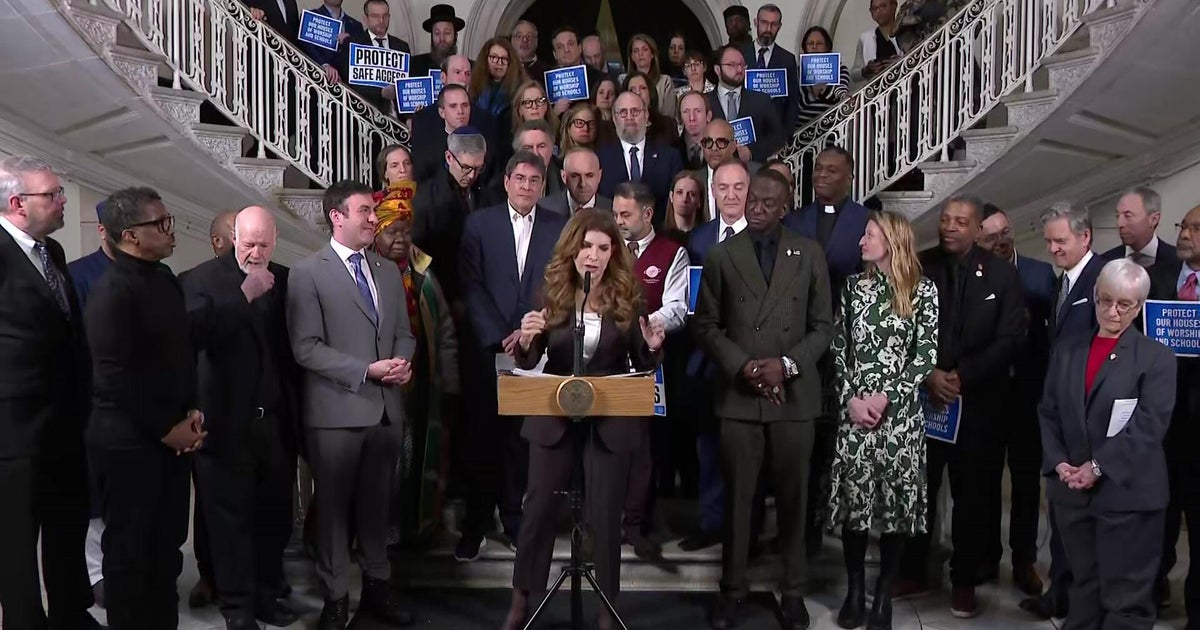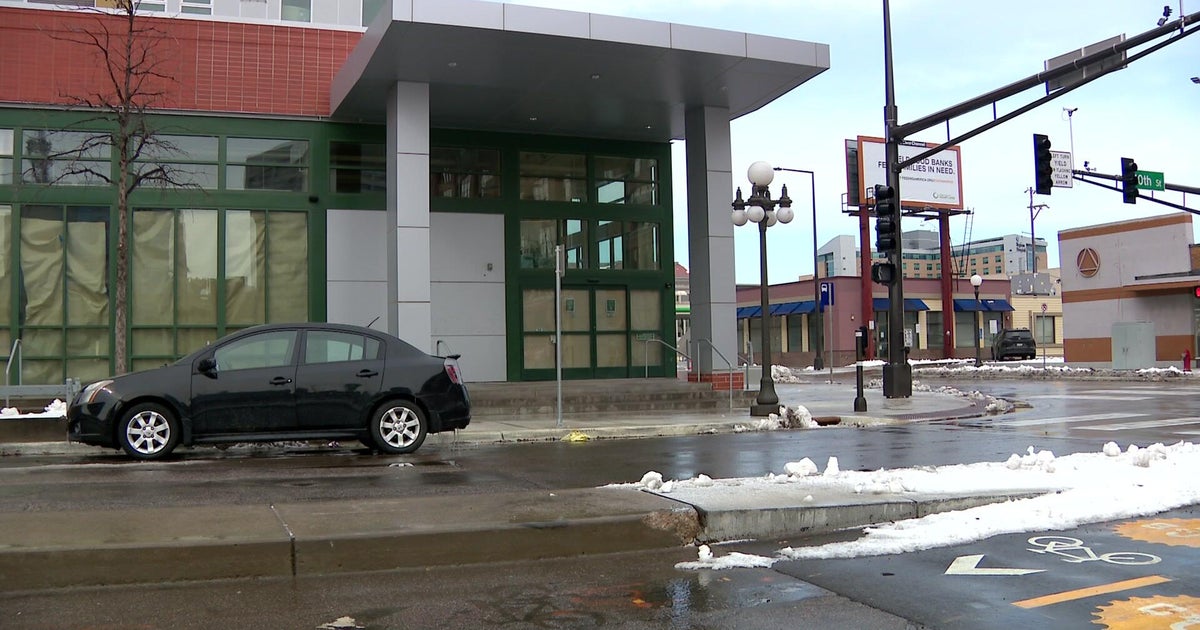Getting Answers: How Time Change and Temperature Impact Crime
SACRAMENTO (CBS13) - Daylight Saving can impact criminal activity, and crime patterns in the spring and fall can reflect those impacts.
In a 2015 study, Jennifer L. Doleac and Nicholas J. Sanders found that shifting daylighting from the morning to the early evening can have implications for public safety and criminal activity. When Daylight Saving starts in the spring, robbery rates, according to their study, go down 7%, on average, and go down 27% in the evening hour that was "gained" through DST.
Sanders, an Assistant Professor in the Department of Economics and the Brooks School of Public Policy at Cornell University, spoke to CBS13 on Friday, nearly a decade after this research was published, to share about the findings and another subject: increased heat linked to violence.
"As the weather gets nicer, we do see that crime starts to rise because as people are out more often, there are more opportunities for criminals to engage with people and there's also more opportunities for crime," said Sanders.
He explained, their research focused on robberies, mostly, because of the environment by which these types of crimes tend to happen.
"What we think is driving this, is the sort of casual crime of opportunity. Here's somebody in an environment where they're unlikely to recognize me, I'm unlikely to be spotted. It would be harder to catch me because I can fade into the darkness. That correlated with the kind of crimes of unknown assailants," said Sanders.
Criminals are more likely to be recognized in daylight than they would be in darkness, and therefore more likely to be caught during daylight hours. Crime opportunities go down, naturally.
Where is this example seen locally?
Stockton's City Manager, Harry Black, told CBS13 that the city saw a slight decrease in crime in March than it saw during a crime spike in February. He explained that a spike in crime is expected, at least once a year, but usually happens in late spring or early summer. In this case, he said, with the weather being nice earlier, the spike happened sooner.
Sanders is also studying the impacts of hot days and violent crime.
"Really hot days can make people very agitated and that can lead to increased conflict," said Sanders.
Specifically, he studies the daily weather variations in Mississippi, which showed high temperatures increase intense violence among the incarcerated population.
